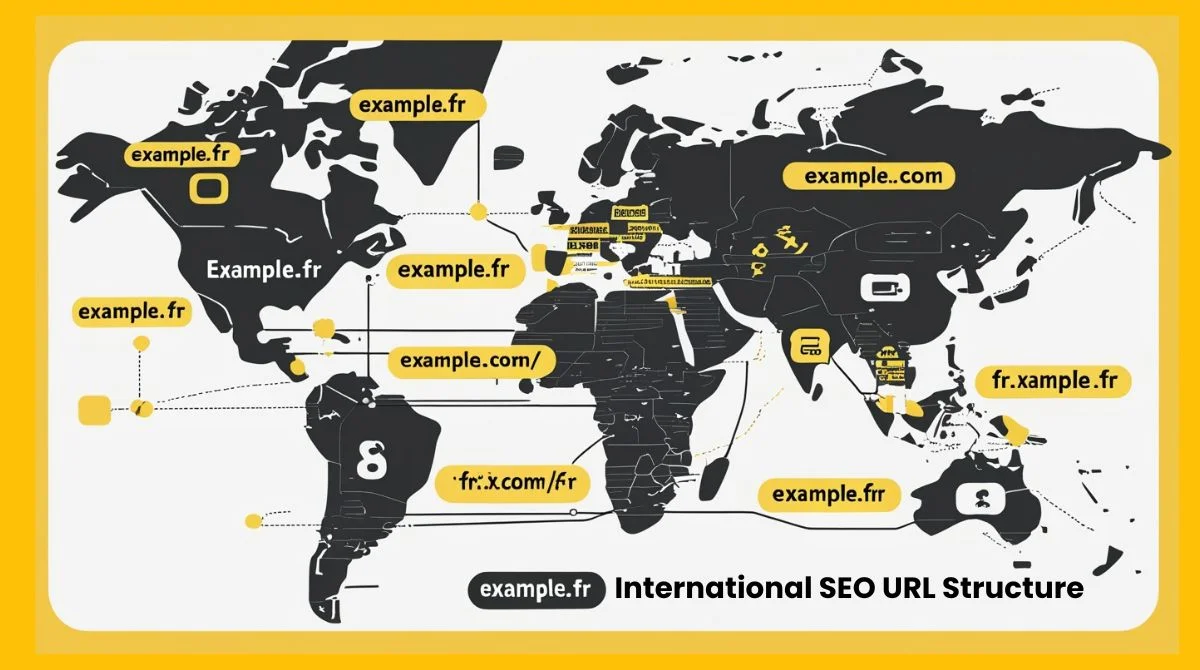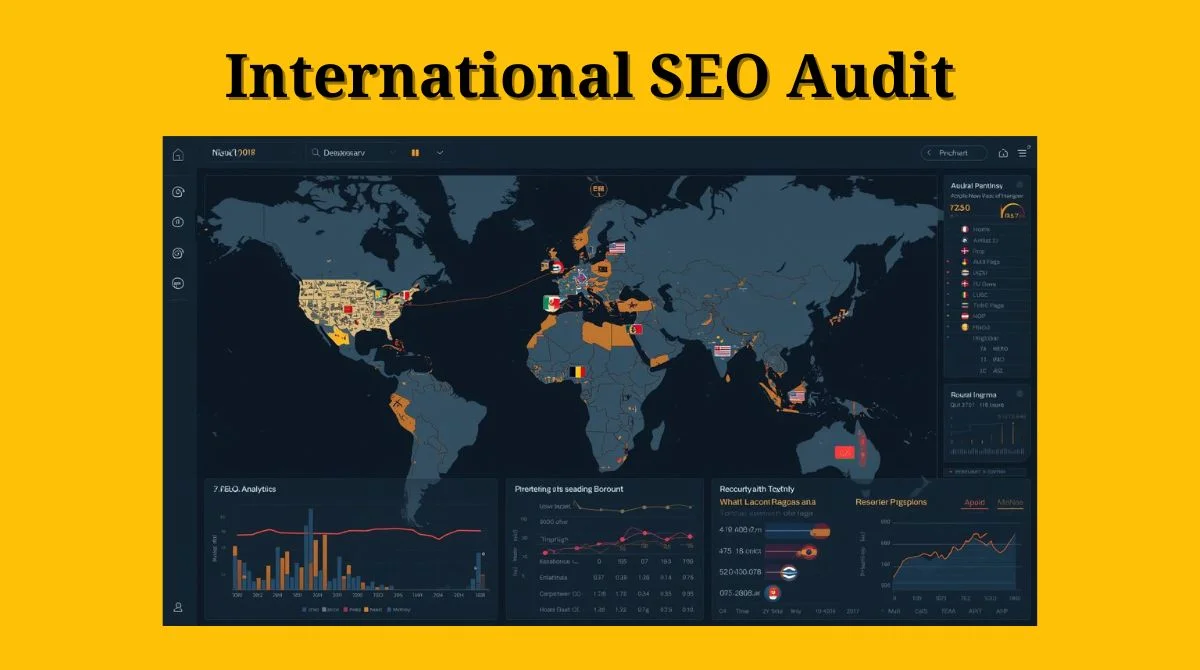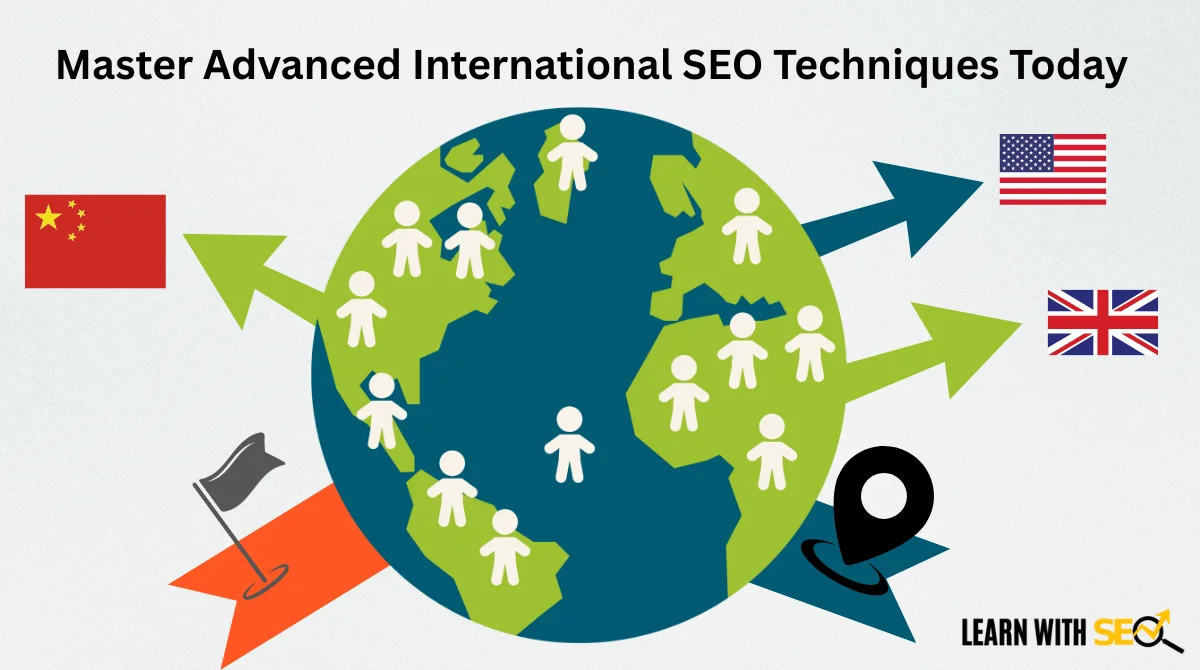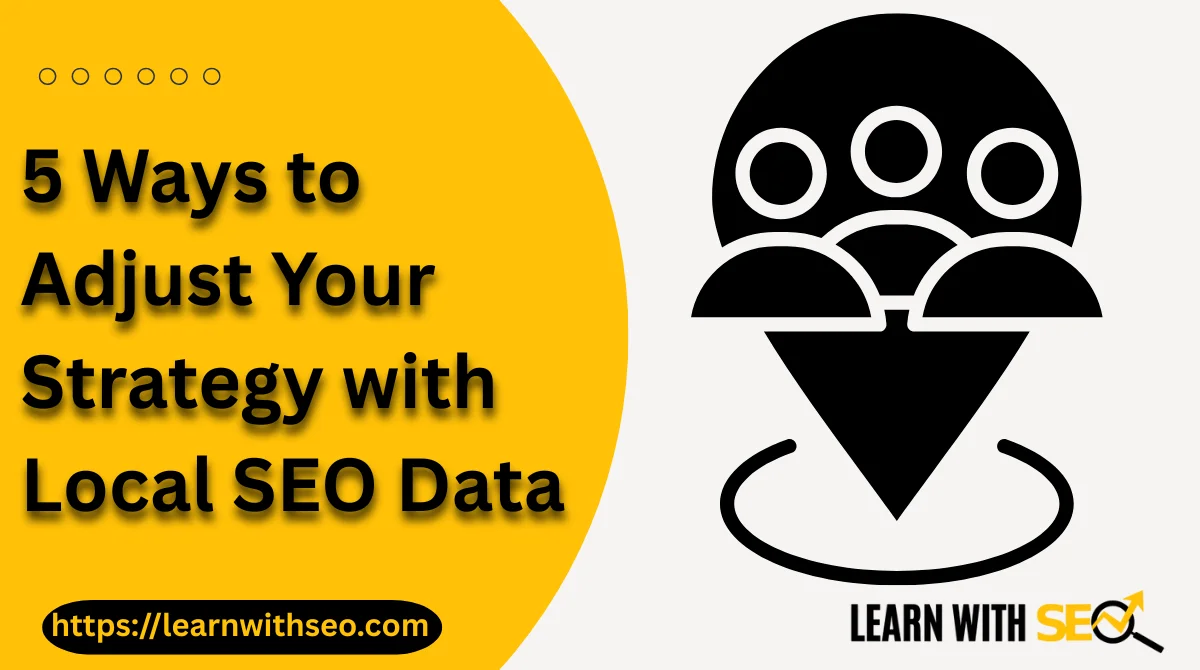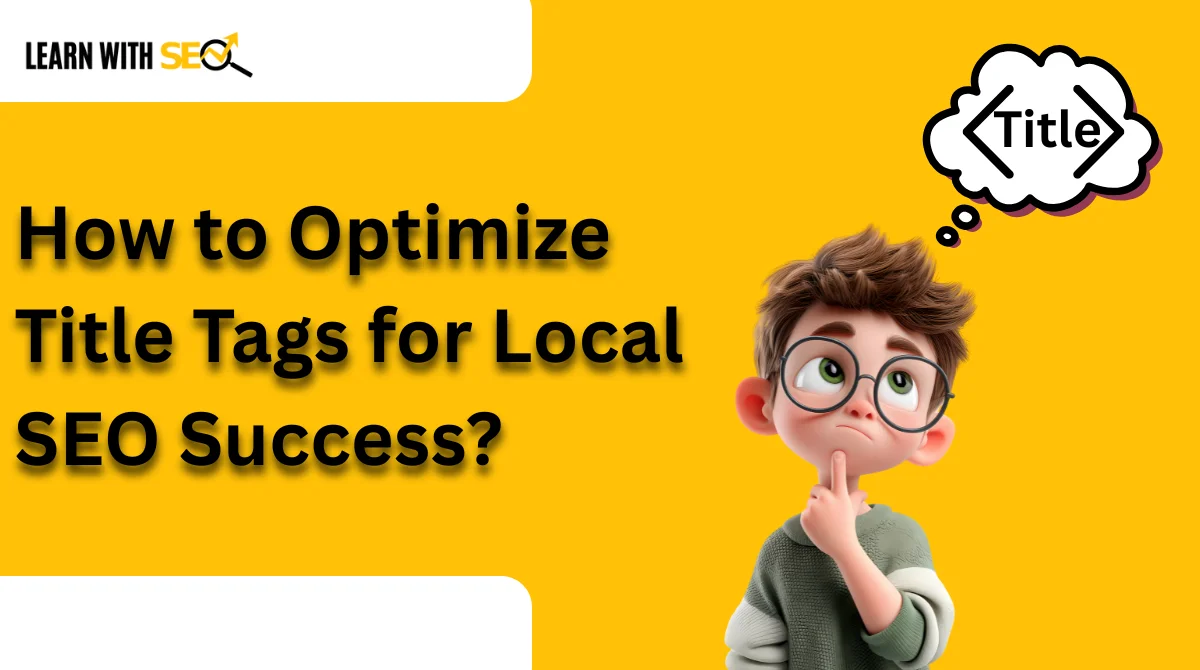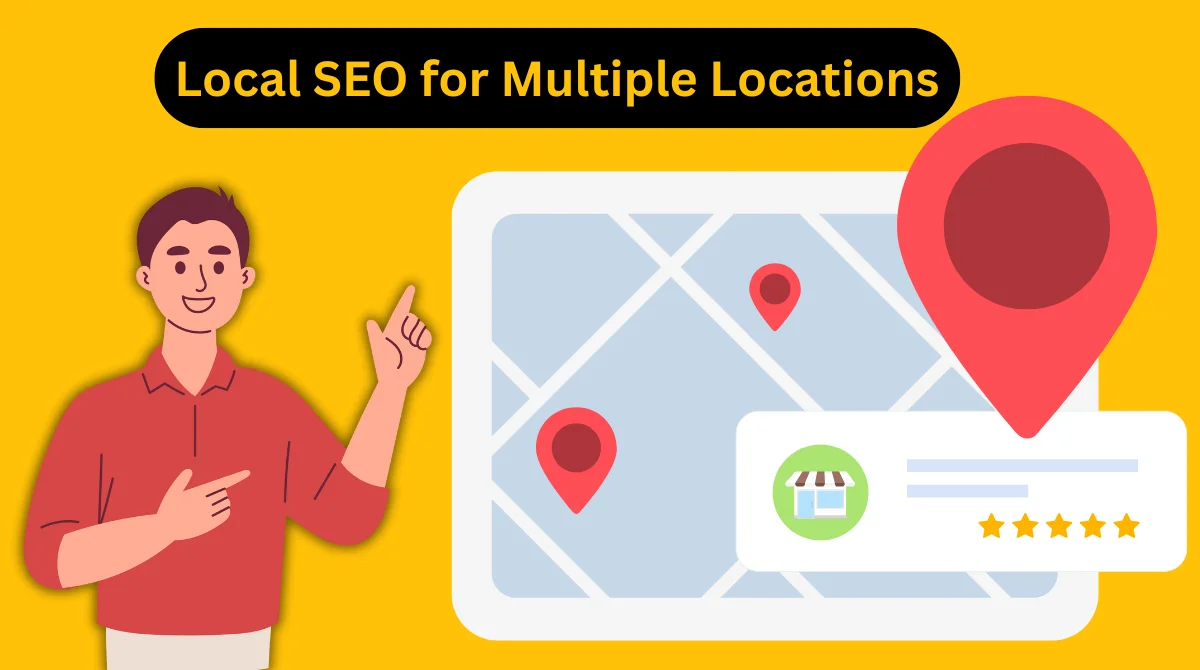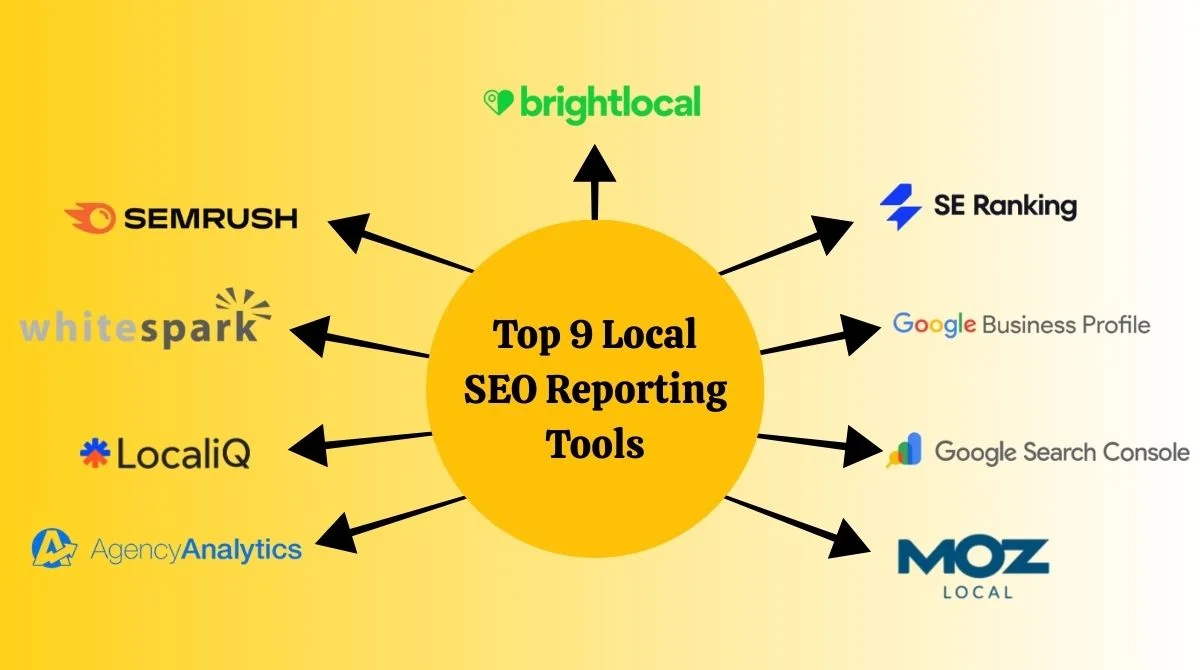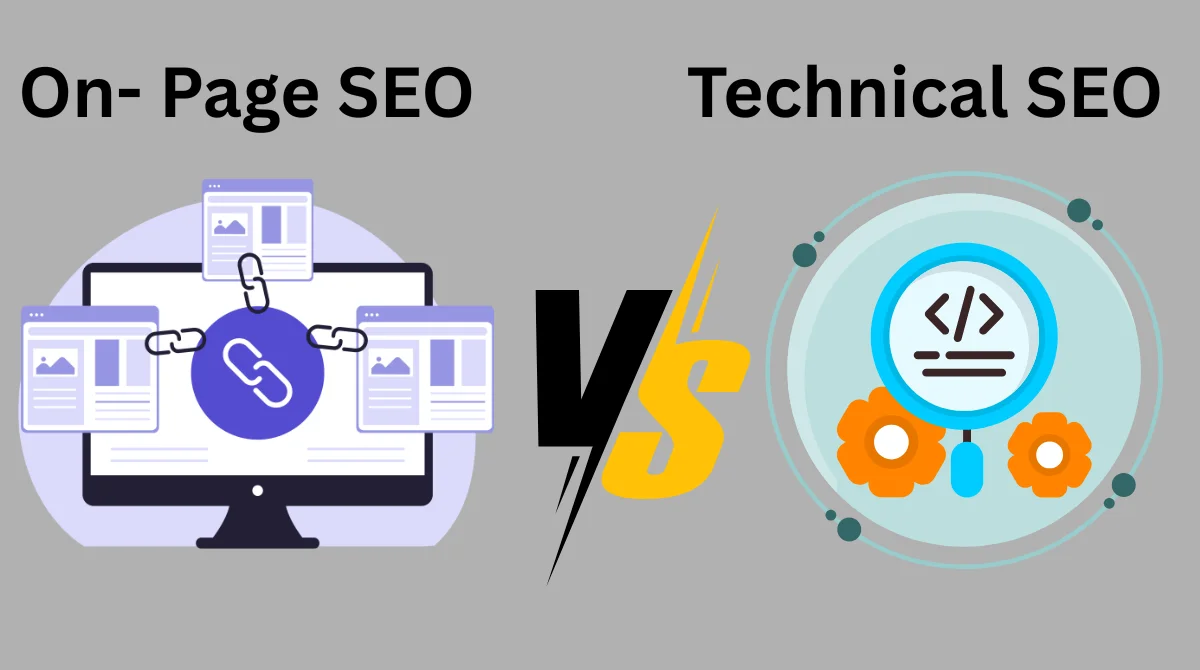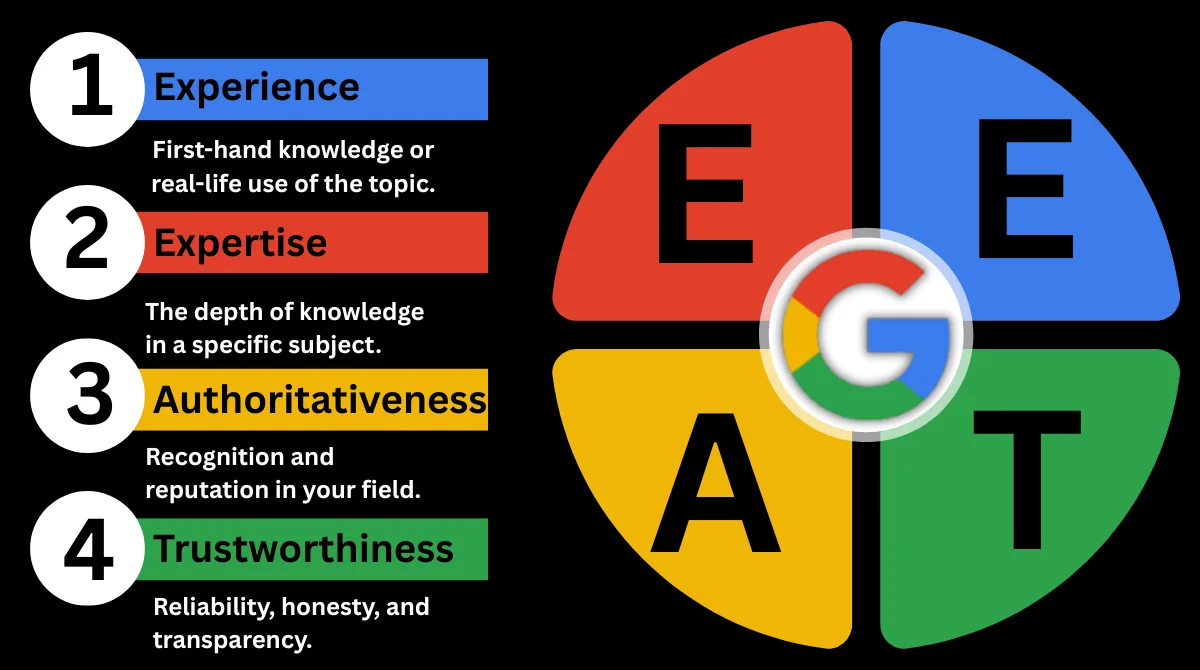The way people search online is changing. With the rise of AI-powered search engines like Google’s Search Generative Experience (SGE), Bing Chat, and other AI-driven platforms, the rules of SEO are evolving. Businesses and creators are no longer just optimizing for traditional blue links on search engine result pages (SERPs). They now need to focus on AI visibility, getting their content recognized, summarized, and presented directly by artificial intelligence.
This shift has made SEO more dynamic than ever. The proven best SEO strategies are not only about ranking on Google but also about being chosen by AI systems as a reliable source.
Why AI Visibility Matters in SEO?
AI-powered search assistants are changing how users consume information. Instead of scrolling through pages, people now rely on AI tools to summarize and deliver instant answers. This means if your content isn’t structured and optimized correctly, you risk being invisible even if you rank on page one.
- AI doesn’t just look for keywords; it looks for context, authority, and trustworthiness.
- AI-driven search prefers clear, factual, and well-structured content.
- Visibility in AI answers boosts brand awareness, trust, and traffic.
In short, AI visibility ensures that your content reaches audiences where they are now searching through intelligent, conversational platforms.
Proven Best SEO Strategies for AI Visibility
Let’s dive into the strategies that work best for both traditional SEO and AI-powered visibility.
1. Create High-Quality, Human-Centered Content
Content has always been king, but with AI search, quality is non-negotiable. AI systems evaluate not just relevance but also trustworthiness.
- Write in simple, natural language that answers user questions directly.
- Use a conversational tone. AI tools favor humanized content.
- Provide unique insights or real-world experience (demonstrating E-E-A-T).
- Avoid keyword stuffing; instead, focus on semantic relevance.
The goal is to create content that AI can easily understand, summarize, and trust enough to recommend.
2. Optimize for Answer Engines, Not Just Search Engines
AI-powered tools act more like answer engines than traditional search engines. They don’t always show the top 10 blue links. Instead, they generate direct responses.
To optimize for this:
- Write clear, concise answers to common questions in your niche.
- Use FAQ sections with well-structured answers.
- Add definitions, how-to steps, and quick summaries that AI can extract.
- Make use of featured snippet optimization, since many AI tools pull from snippets.
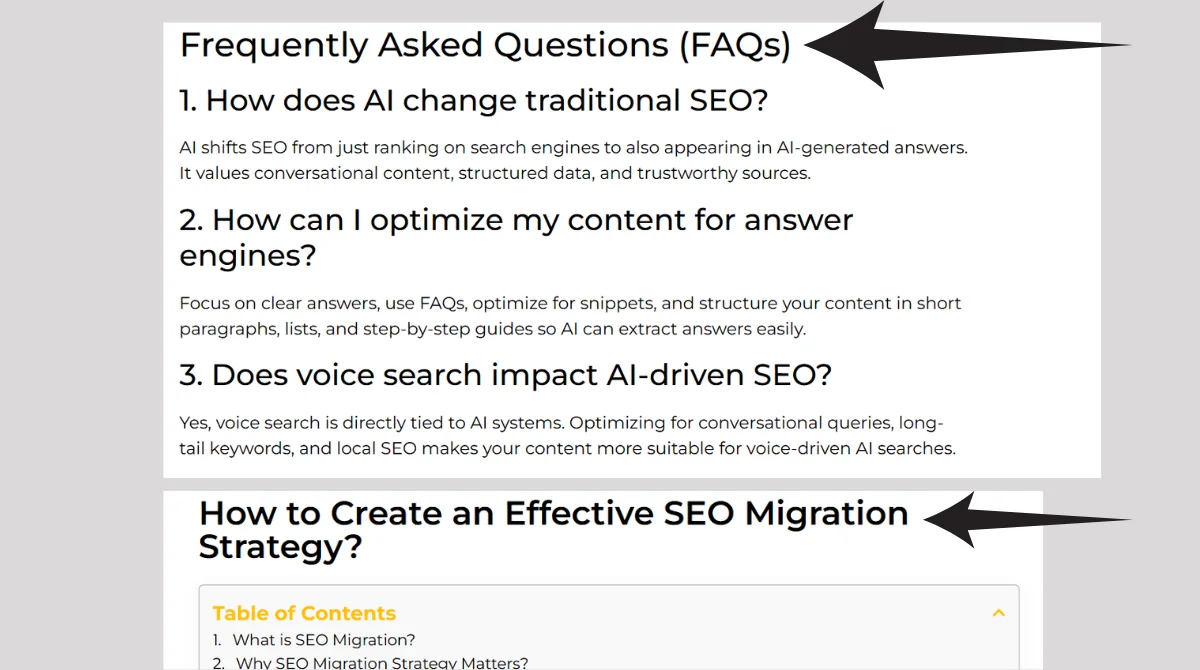
If your content provides fast and reliable answers, AI tools are more likely to include it in their generated results.
3. Focus on Topical Authority
AI systems reward websites that show expertise and depth in a particular area. This is called topical authority.
- Build clusters of related content around your main topic.
- Use internal linking to connect supporting articles.
- Cover a topic from multiple angles: definitions, guides, FAQs, and case studies.
- Regularly update your content to stay relevant and fresh.
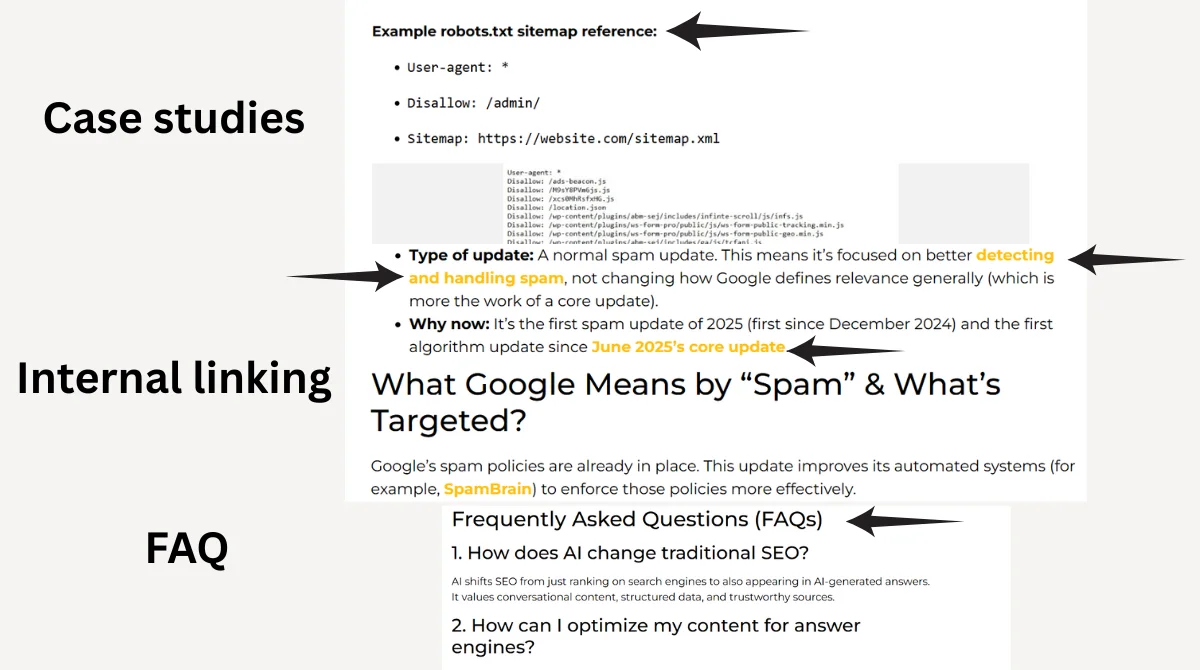
By doing this, you establish your site as a go-to resource in your niche, making AI more likely to feature your content.
4. Strengthen E-E-A-T (Experience, Expertise, Authoritativeness, Trustworthiness)
Google and AI systems both value content that comes from real experts with real experiences.
Ways to build E-E-A-T:
- Add author bios with credentials and real-world experience.
- Use case studies, personal insights, and data-backed facts.
- Link to credible sources and cite trustworthy references.
- Display social proof such as reviews, testimonials, or media mentions.
The more trustworthy your content appears, the higher your chances of being selected by AI search engines.
5. Structured Data and Schema Markup
AI needs to understand your content’s context and meaning. Structured data (schema) helps with this.
- Add FAQ schema for common questions.
- Use the HowTo schema for step-by-step guides.
- Implement the Review and Rating schema to showcase authority.
- Mark up organization and author details for trust signals.
By implementing structured data, you make it easier for AI systems to extract and display your content.
6. Optimize for Voice Search and Conversational Queries
AI-driven tools like Google Assistant, Siri, and ChatGPT rely on natural, conversational queries. Optimizing for this improves both AI visibility and traditional SEO.
- Target long-tail keywords that match how people speak.
- Use question-based content (“What is…?”, “How does…?”).
- Write in short, direct sentences suitable for voice summaries.
- Include local SEO optimization for voice-based local searches.
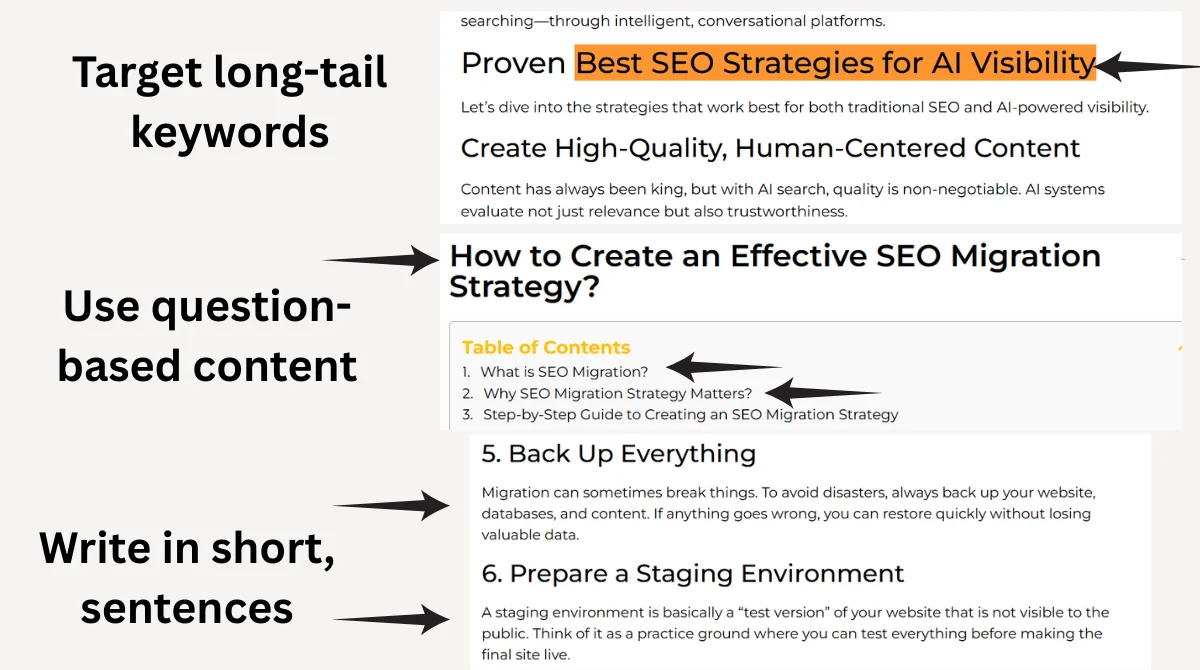
Voice search optimization ensures your content fits the natural flow of AI conversations.
7. Build High-Quality Backlinks and Mentions
Backlinks still matter. AI looks for signals of authority, and backlinks remain one of the strongest.
- Concentrate on getting backlinks from reputable sites within your industry.
- Use guest posts, partnerships, and PR campaigns to build mentions.
- Create shareable assets like infographics, research, or tools.
- Encourage brand mentions even without links (AI can recognize these).
The more authority signals you build, the more likely AI systems will recognize your site as a trusted source.
8. Improve User Experience (UX) and Core Web Vitals
AI doesn’t just look at content; it also considers the user experience. A poor UX can hurt your visibility and rankings.
- Ensure your site is fast, mobile-friendly, and secure (HTTPS).
- Improve Core Web Vitals like page speed, interactivity, and stability.
- Use clean navigation with clear menus and categories.
- Reduce intrusive ads and pop-ups that frustrate users.
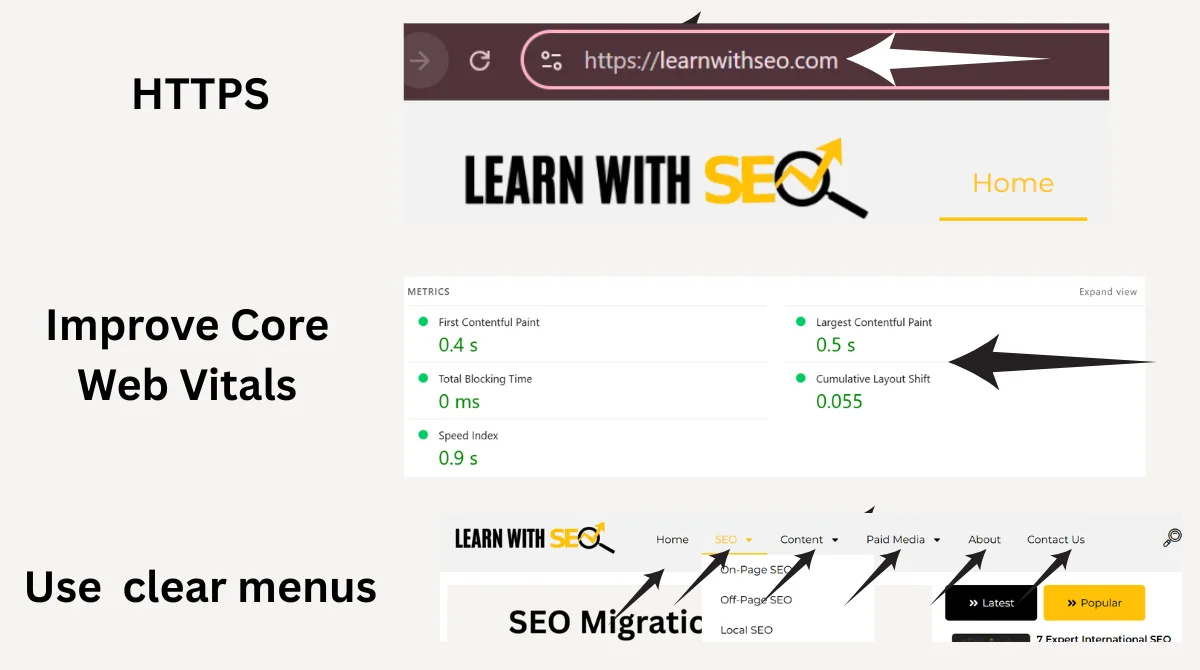
A smooth and trustworthy site experience increases the chances of being recommended by AI.
9. Leverage Multimedia Content
AI visibility is not limited to text. Many AI search tools now integrate images, videos, and audio.
- Add optimized images with alt tags.
- Create videos and embed them in your content.
- Use infographics to simplify complex data.
- Add transcripts to videos and podcasts for better indexing.
Rich media content not only boosts engagement but also increases your chances of being cited by AI platforms.
10. Consistent Content Updates
AI systems prioritize fresh, updated, and reliable content. If your content is outdated, AI may ignore it.
- Regularly review and update statistics, links, and facts.
- Add new sections to expand old articles.
- Refresh titles and meta descriptions to reflect current trends.
- Remove or improve thin, outdated content.
Consistency shows AI that your website is active, relevant, and trustworthy.
The Future of SEO with AI
The future of SEO will not be about beating algorithms but about collaborating with AI systems. Businesses that embrace AI visibility strategies will gain an edge in rankings, trust, and reach.
- AI won’t replace SEO, but it will reshape the way SEO works.
- Websites with helpful, authoritative, and clear content will thrive.
- SEO professionals must focus on human-first content that AI can trust.
By aligning with AI search, you’re preparing not just for today’s visibility but for the next era of digital discovery.
Frequently Asked Questions (FAQs)
1. How does AI change traditional SEO?
AI shifts SEO from just ranking on search engines to also appearing in AI-generated answers. It values conversational content, structured data, and trustworthy sources.
2. How can I optimize my content for answer engines?
Focus on clear answers, use FAQs, optimize for snippets, and structure your content in short paragraphs, lists, and step-by-step guides so AI can extract answers easily.
3. Does voice search impact AI-driven SEO?
Yes, voice search is directly tied to AI systems. Optimizing for conversational queries, long-tail keywords, and local SEO makes your content more suitable for voice-driven AI searches.
4. Is backlink building still important in AI SEO?
Absolutely. High-quality backlinks and brand mentions remain strong signals of authority. AI uses these to judge the trustworthiness of your website.
5. How often should I update content for AI SEO?
You should review and update content at least every 3–6 months. Fresh, updated, and relevant content signals to AI that your site is active and reliable.
Conclusion
SEO for AI visibility is built on trust, clarity, and authority. Focus on quality content, E-E-A-T, structured data, and user experience while keeping content fresh. By applying these strategies consistently, your site can rank on Google and be featured in AI-driven answers worldwide.



